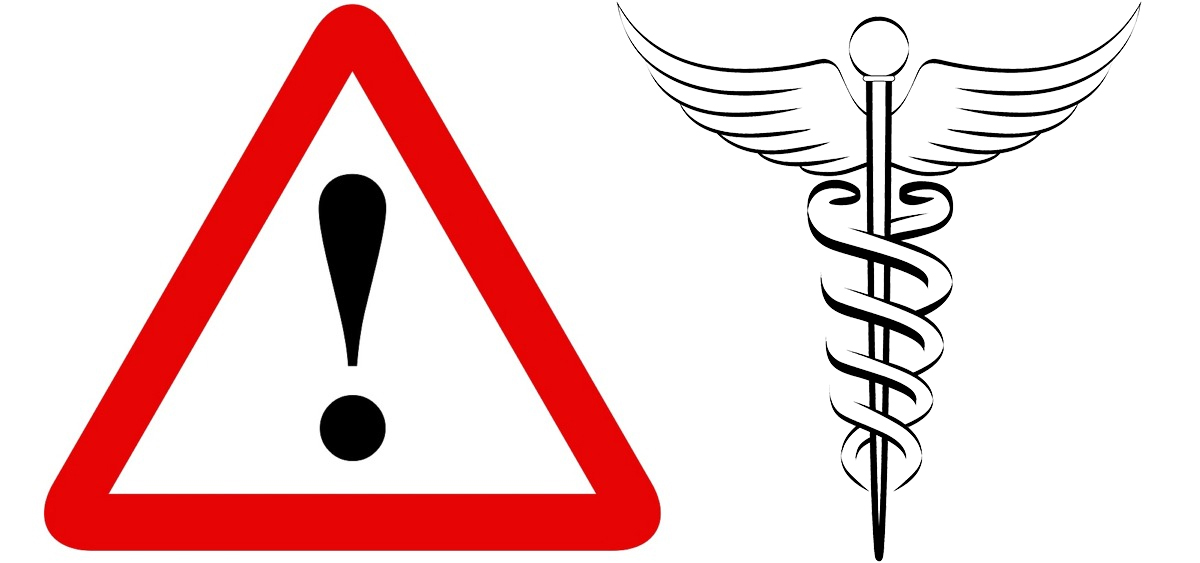ECRI Warns 70% of KN95 Masks from China Don’t Meet Standards, Puts Healthcare Workers at Risk

Today patient-safety organization ECRI released a high-priority medical device hazard report warning that a high percentage of KN95 masks manufactured in China do not meet U.S. standards for effectiveness. ECRI tested almost 200 masks (15 different manufacturer models) that have been bought by large U.S. health systems and found that 60–70% of these masks do not filter 95% of aerosol particulates.
“Because of the dire situation, U.S. hospitals bought hundreds of thousands of masks produced in China over the past six months, and we’re finding that many aren’t safe and effective against the spread of COVID-19,” said Marcus Schabacker, M.D., Ph.D., president and chief executive officer of ECRI, in a news release. “Using masks that don’t meet U.S. standards puts patients and frontline healthcare workers at risk of infection. As ECRI research shows, we strongly recommend that healthcare providers going forward do more due diligence before purchasing masks that aren’t made or certified in America, and we’re here to help them.”
ECRI’s hazard report, “Use of Imported N95-Style Masks, without NIOSH Certification or Independent Lab Validation, May Put Healthcare Workers and Patients at Risk during the COVID-19 Pandemic”, outlines recommendations for purchasing imported non-NIOSH (National Institutes of Occupational Safety and Health) certified FFRs (filtering face-piece respirators). The document highlights two mask characteristics that should be further examined: Filtration efficiency, which should be at least 95% for N95-equivalent protection; and Proper fit, ensuring that the FFR seals tightly against the user’s face.
“KN95 masks that don’t meet U.S. regulatory standards still generally provide more respiratory protection than surgical or cloth masks and can be used in certain clinical settings,” said Michael Argentieri, vice president for technology and safety at ECRI. “Hospitals and staff who treat suspected COVID-19 patients should be aware that imported masks may not meet current U.S. regulatory standards despite marketing that says otherwise.”